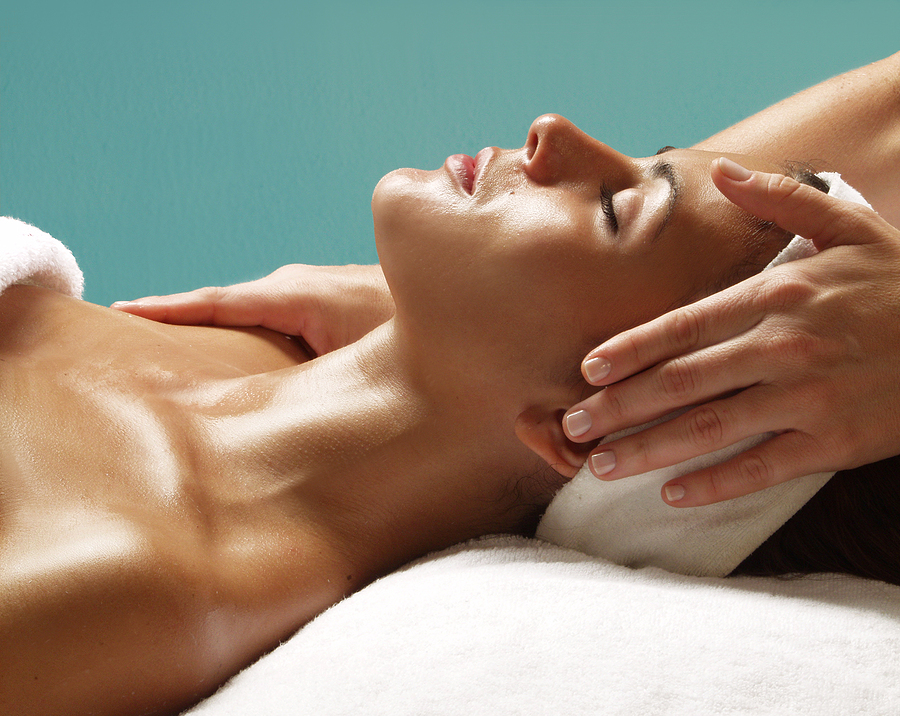Getting older isn’t necessarily fun – we get it. While it’s vital to take care of your body and stay active, making sure you have the proper skin care routine is crucial when it comes to helping prevent the effects of aging.
Skin Type
When searching for the right anti aging skin care products, knowing your skin type is essential.
Oily skin – Oily skin has a somewhat oily look and feel, with more prominent pores. If your skin is oily, you are more likely to have inflammation, pimples, and whiteheads when using skin-care products. Look for creams that are lighter than ordinary and contain little to no oil.
Dry skin – Dry skin feels tight and can be easily irritated. Search for products that have hydrating minerals like Aloe. You’re going to want to lean towards thicker creams that have extra moisturizing qualities.
Sensitive skin – Sensitive skin can be easily aggravated by skincare creams, shaving, or even climate conditions. You’ll want to take extra precautions when looking for what skin-care cream is best for you. Look for items that don’t contain added fragrances, colors, or harsh chemicals. In the case of sensitive skin, it’s best to look for creams that have all natural-based ingredients. For the effective anti-aging treatment of sensitive skin, you can also opt for skin rejuvenation.
Normal skin – Normal skin means your skin is generally well balanced, your pours are small, and you have an even tone overall. Look for products that have a balance of ingredients – many labels will say “for normal skin.”
Combination skin – Many men have combination skin – which is exactly how it sounds. Typically this means your skin is dry in some areas and oily in others. Pores are generally enlarged with combination skin, and the forehead is where the oil collects. Look for products that don’t have harsh abrasives and contain moderate moisturizing qualities.
Ingredients
It’s important to know what is in your anti-aging skin cream when looking at what is going to work best for you. We like to see ingredients that we know and understand. Below we have compiled a breakdown of common ingredients that are regularly used in anti-aging skin creams.
Retinol – Retinol (vitamin A) is a key ingredient in most anti-aging creams. Retinol helps to rid the appearance of fine lines or wrinkles. Too much Retinol can dry out your skin – and it’s recommended to use a moisturizer after using products with Retinol. Aloe Vera, which contains retinol, is a gentler on the skin and usually causes less irritation for drier skin.
Hyaluronic Acid – Hyaluronic acid has incredible saturating abilities which are extremely beneficial for the body. As we age, our skin produces less and less natural Hyaluronic acid. Products with Hyaluronic acid help alleviate dry skin and reduce the appearance of wrinkles or fine lines. Hyaluronic acid can also help speed up the healing process of scars or cuts on the skin.
DMAE- or Dimethylethanolamine – It sounds scary, but it’s actually an essential ingredient when it comes to making skin look smoother and firmer! It helps to improve the look, feel, and cognitive function of the skin.
MSM – or Methylsulfonylmethane – MSM is found generally found in healthy food like spinach or kale. It helps skin cells remain retentive and flexible. MSM additionally helps decrease age spots and other skin pigmentation blemishes.
Cancer prevention agents – Products that incorporate cell reinforcements are essential in that they ingest free radicals that may harm your skin. Primary cell reinforcements to look for are vitamin C, vitamin B3, and vitamin E. Each of these vitamins are essential for proper skin care.
Coenzyme Q10 – Coenzyme Q10 reduces wrinkles around the eyes and protects the skin from harmful sun rays.
Glycolic corrosive – Glycolic corrosive removes the outermost layer of dead skin cells. It is a great exfoliator, removing dead skin to reveal a new layer of brighter and cleaner skin. It’s great for reducing scarring, wrinkles, or skin discoloration.
Now that you’ve got the basics; pick an Anti-Aging Cream you like. Remember to pay close attention to the ingredients and properties in order to purchase the best possible product for your skin!
Guest Post written by Erika Wester of Faveable.
Related Categories: Health, Reviews








